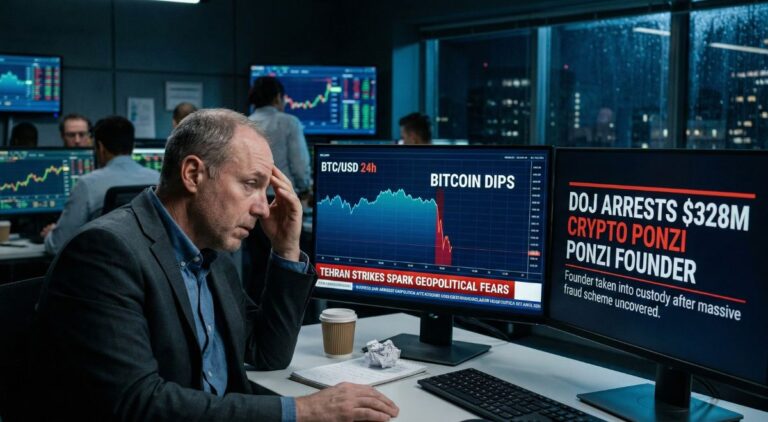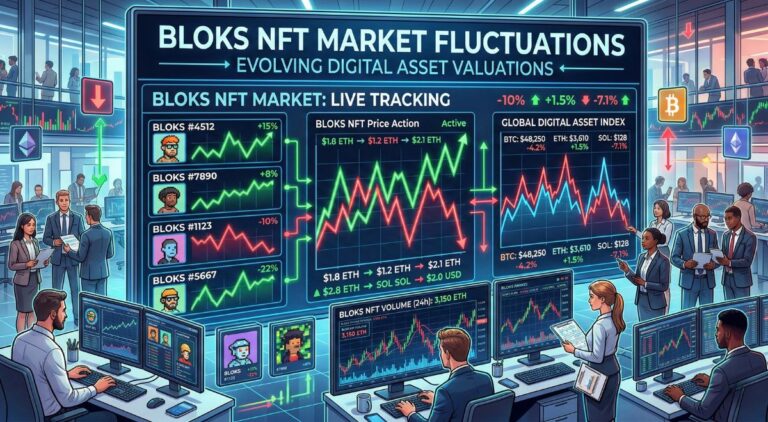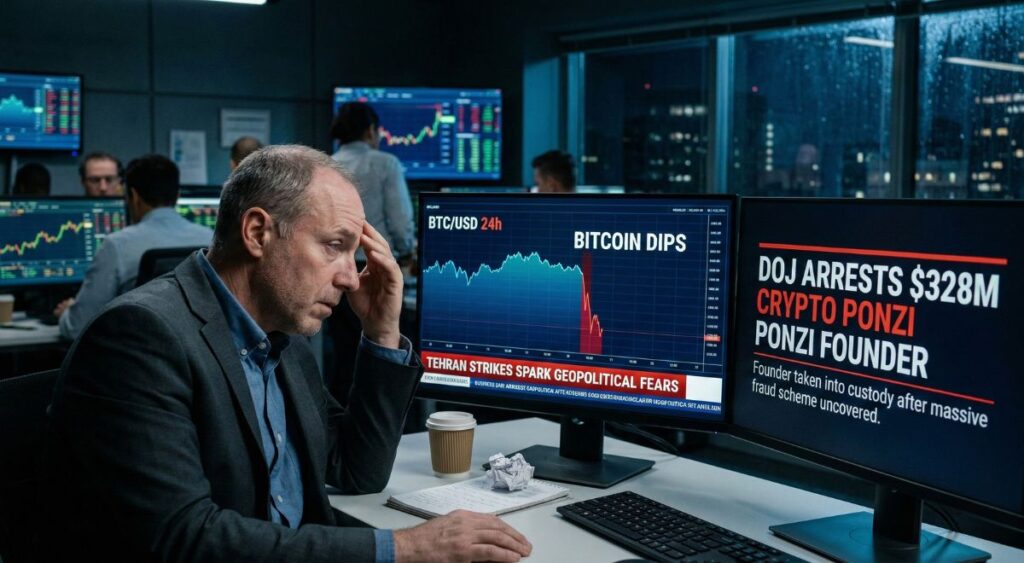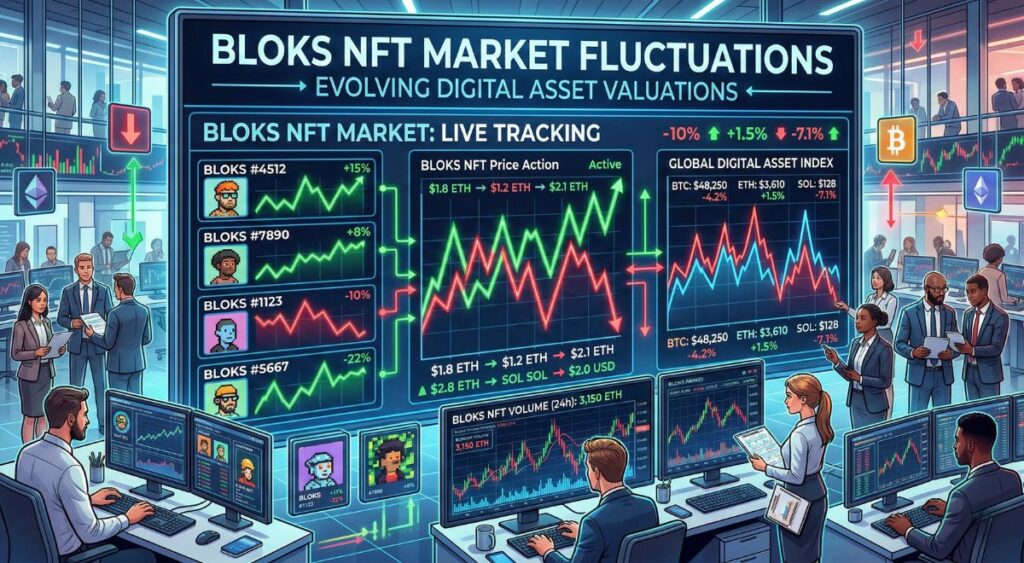ILLINOIS, May 14 — A group of former business partners has filed a lawsuit against Jonathan Mills, the founder and CEO of Satoshi Labs LLC, accusing him of fraud and misappropriation of millions of dollars from a non-fungible token (NFT) initiative and a Bitcoin mining operation.
According to court documents filed in Illinois, the plaintiffs claim Mills diverted at least $3 million from the Bitcoin mining project and transferred assets from the Hashling NFT initiative into Satoshi Labs, previously known as Proof of Work Labs LLC, without the knowledge or consent of other stakeholders.
The lawsuit alleges Mills promised equity returns to investors, who say they raised approximately $1.46 million through two NFT launches on the Solana and Bitcoin blockchains. However, they claim they never received any returns and were ultimately cut off by Mills, who allegedly ceased communication and produced a fraudulent shareholder agreement to bolster his control over the assets.
Described by the plaintiffs as “rife with errors,” the agreement purportedly granted Mills a 67% equity and voting stake, while limiting other partners—some of whom contributed up to $20,000—to just 2% ownership. Mills reportedly assured them their shares would not be affected by the company’s rebranding to Satoshi Labs.
The legal filing seeks not only damages for fraud and breach of fiduciary duty but also the establishment of a constructive trust over the project’s assets and full restitution.
The origins of the Hashling NFT project trace back to discussions between Mills and plaintiff Dustin Steerman. Despite admitting he had no financial resources or prior experience in NFTs, Mills played a role in launching the initiative, which eventually gained traction. The team recruited additional contributors to assist with NFT artwork, marketing, and event participation.
Even Mills’ girlfriend reportedly invested in the venture. But the plaintiffs argue Mills exploited the goodwill and collaborative efforts of the group for personal gain.
Cointelegraph attempted to contact Mills for comment but received no response at the time of publication.
The case underscores ongoing concerns about transparency and accountability in the rapidly evolving NFT and crypto investment landscape.
















